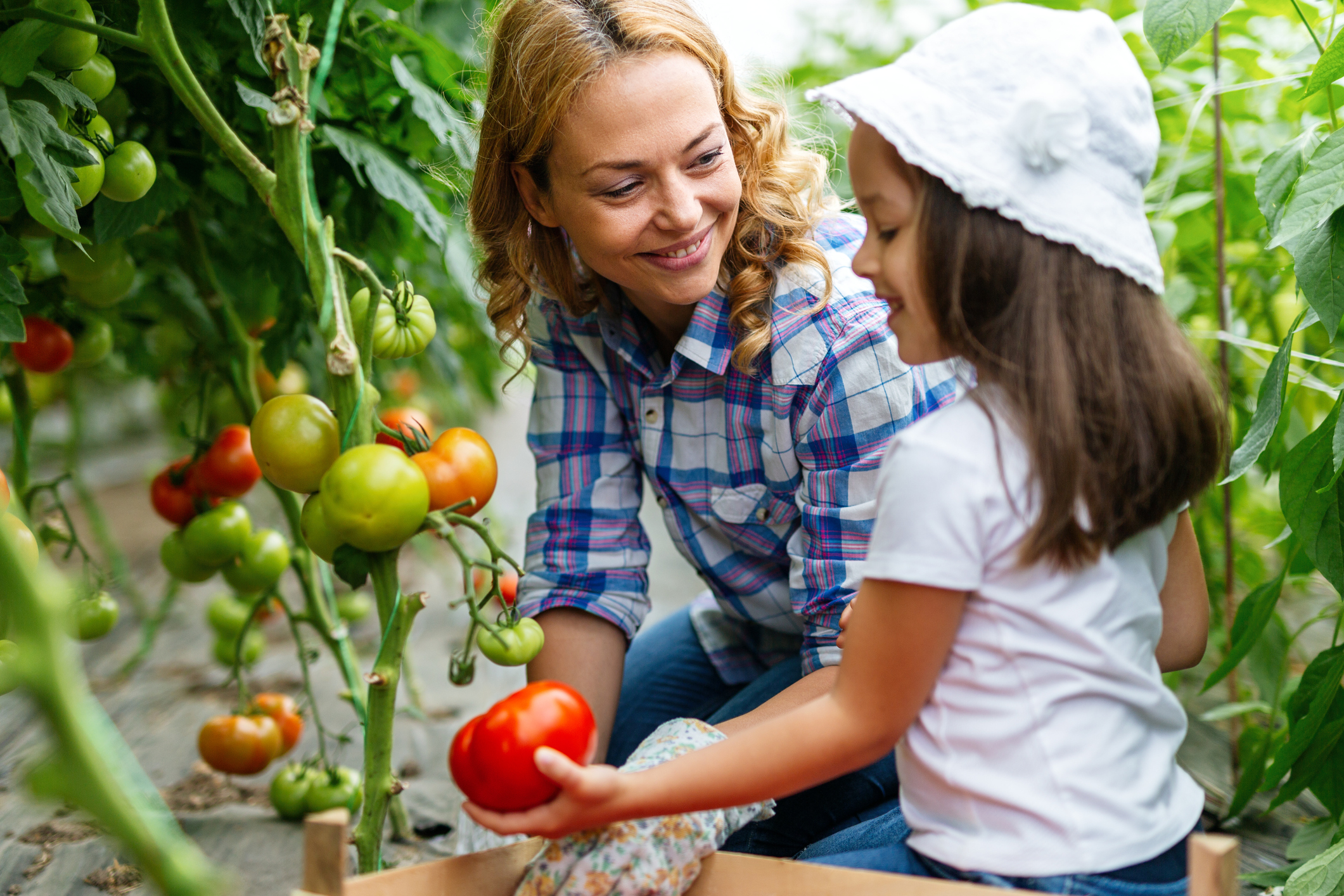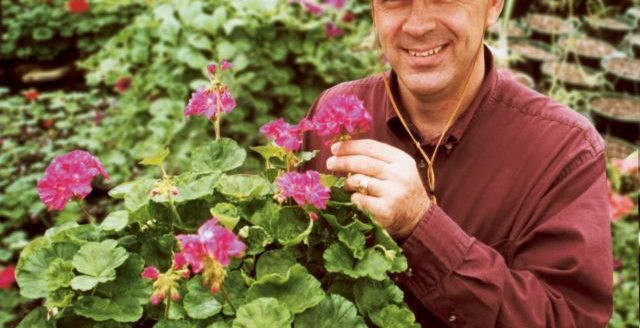Gardening helps promote good nutrition and a healthy relationship with food

Gardening is a great way to get outside and spend time in nature, increase physical activity levels, and even reduce stress. This all-ages activity can also be an opportunity for deepening relationships with friends and family, such as through a gardening club (like Master Gardeners) or by including multiple generations in gardening, food harvest, and food preservation. The many benefits of gardening include promoting a healthy relationship with food.
Why Garden?
Gardening can promote good nutrition and a healthy relationship with food in several ways, including the following.
- Connection to food source.
Being mindful of where our food comes from and being involved in the growing process from the planting, cultivating, and harvesting of our produce can provide a deeper appreciation for where we get our food. - Educational opportunities.
Involving children in gardening offers a great educational opportunity and can teach them about nutrition; biology; and sustainable and mindful food choices. It also introduces healthy foods in a fun and exciting way. - Reduced reliance on processed foods.
When we have more access to home-grown produce, we may have less focus in our diets for processed and packaged foods. Having plentiful garden harvests encourages us to try more cooking and new recipes with the food that was grown.
- Improved access to nutrient-rich produce.
Growing our own food enables us to harvest fresh, nutrient-rich produce at a low cost. This can contribute to a healthier diet and encourage more fresh fruit and vegetable consumption. These foods have high nutrient density, low energy (calorie) density, and many essential vitamins and minerals. When we garden, we are more likely to include fruits and vegetables as a part of our diet, which helps promote optimal health and prevent and manage chronic disease. - Increased awareness of seasonality.
Gardening can encourage an understanding of seasonality in food. It can also teach us about plant growth and cycles, and it can foster awareness of when different fruits and vegetables are in season and at their peak. Seasonal eating can also lead to a more-diverse diet and encourage us to eat a variety of fruits and vegetables.
In Summary
Growing different fruits and vegetables can encourage us to try new foods, cook new recipes, be mindful of where our food comes from, and enjoy healthy and fresh food with family or friends. In a country where only 1 in 10 adults get enough fruits or vegetables, these benefits can go a long way in meeting recommended intakes to reduce the risk of things like cardiovascular disease, diabetes, and obesity. Starting off with a small garden is a low-cost and fun activity that can provide these many benefits to us and our families!


